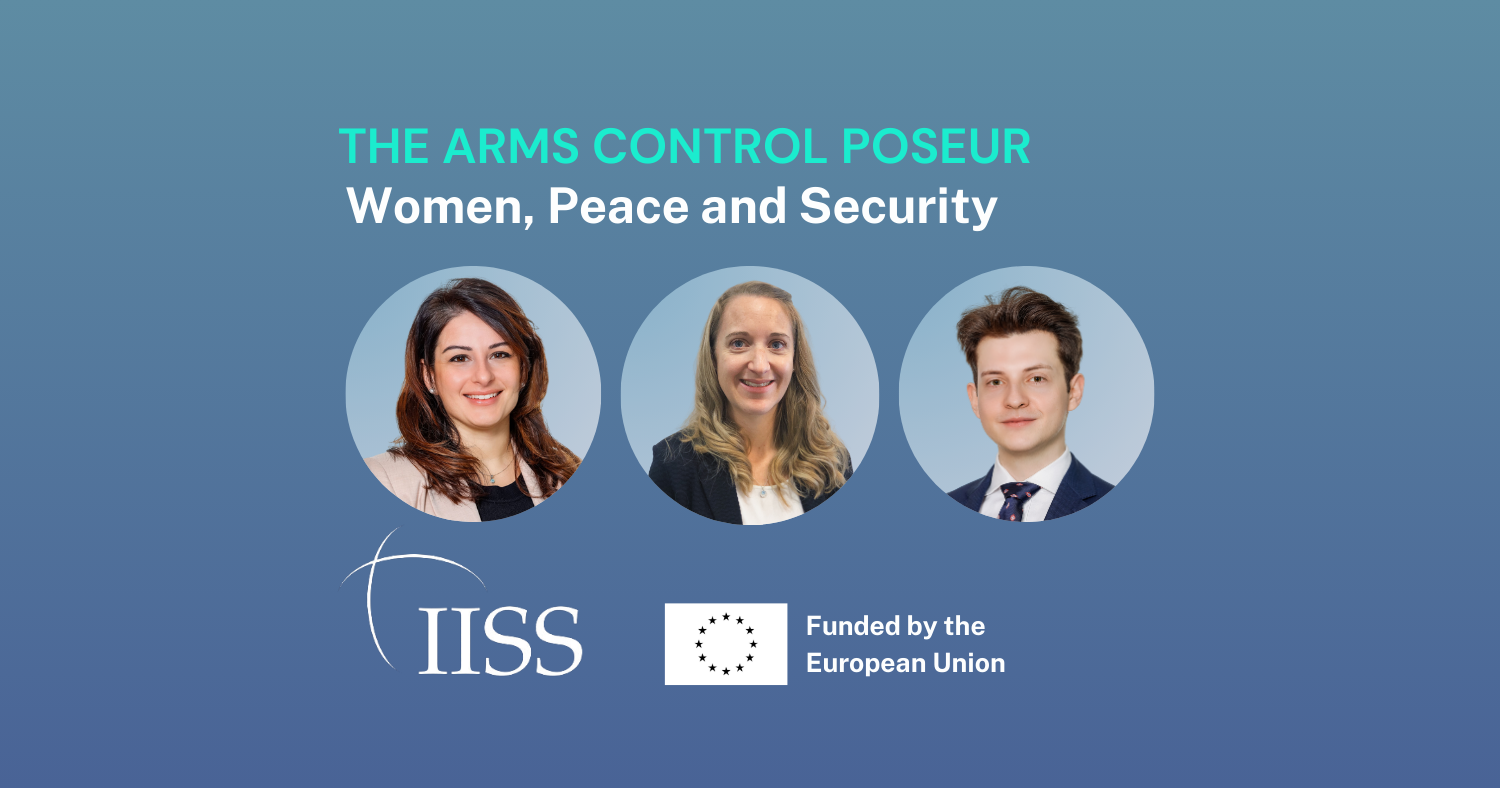
VCDNP experts Federica Dall’Arche, Mara Zarka, and Louis Reitmann appear as guests on the Arms Control Poseur podcast in three episodes that apply a gender lens to non-proliferation and disarmament. Interviewed by William Alberque, Director of Strategy, Technology, and Arms Control at the International Institute for Strategic Studies (IISS) in Berlin, they each deep-dive into a specific issue at the intersection of gender and international security, including feminist foreign policy, the gendered impacts of weapons, and diversity, equity, and inclusion in nuclear policy-making.
The Arms Control Poseur podcast is produced and published by IISS on behalf of the EU Non-Proliferation and Disarmament Consortium (EUNPDC).
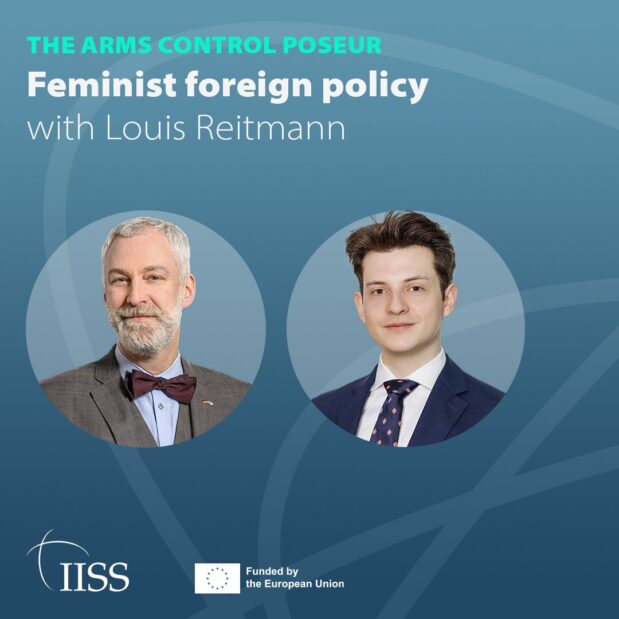
Feminist foreign policy
In the first episode, VCDNP Research Associate Louis Reitmann discusses the impact of feminist foreign policy on nuclear non-proliferation and disarmament. He analyses the ‘model’ feminist foreign policy that is emerging as more countries, such as Germany, France, Mexico, Chile, or the Netherlands, adopt explicitly feminist strategies for their external affairs. As some of these strategies suggest, feminist foreign policy may shape states’ non-proliferation and disarmament efforts to put greater emphasis on human security, the humanitarian consequences of nuclear explosions, and victims’ assistance.
He explains that, while gender discussions in the non-proliferation and disarmament space have been limited to increasing the representation of women, feminist foreign policy could introduce a more critical feminist perspective to help reform traditional power structures and highlight how nuclear weapons harm and disadvantage marginalised groups, especially indigenous peoples, who continue to suffer under the effects of nuclear testing and uranium mining.
“For me, the feminist lens is a way to get a fuller picture. It’s a way to make things that are otherwise hidden more visible, and I think every policy-maker should be interested in that.”
Louis Reitmann
Identifying paths forward, he urges states committed to feminist foreign policy to explain how they will operationalise this strategy in the non-proliferation and disarmament space. He recommends that states begin collaborating on introducing concrete language and proposals into the NPT review process as the Feminist Foreign Policy Plus group, but also calls on civil society to remain observant of where states’ actions are incompatible with their feminist foreign policies.
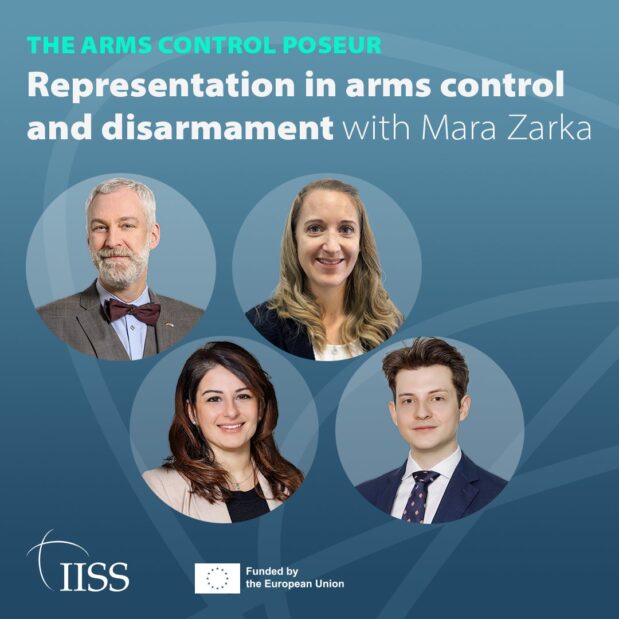
Representation in disarmament and arms control
In the second episode, VCDNP Research Associate and Project Manager Mara Zarka discusses the historical evolution of women’s involvement in disarmament, non-proliferation, and arms control efforts dating back to the early 20th century.
The episode provides an overview of the UN framework aimed at improving women’s representation in these areas. Through examining data and statistics regarding the role of women in multilateral fora, Ms. Zarka sheds light on both improvements over time and remaining challenges regarding female representation in the field.
“A lot of organisations are focusing right now on how to get women into the field, but even more importantly how do we retain women in the field and why are women feeling the need to leave the field at some point in their career? (...) I think, looking at retention is really a goal that we should be focused on.”
Mara Zarka
Commending existing initiatives, such as the International Gender Champions, to assist in achieving equal and meaningful participation of women in areas like disarmament, non‑proliferation, and arms control, Ms. Zarka stresses that more needs to be done to reach gender parity goals and dismantle gender stereotypes. To foster a more inclusive environment and achieve lasting institutional change, Ms. Zarka highlights the importance of education, the need for accountability, and the recognition that stereotypes and power structures are social constructs that can and should change over time.
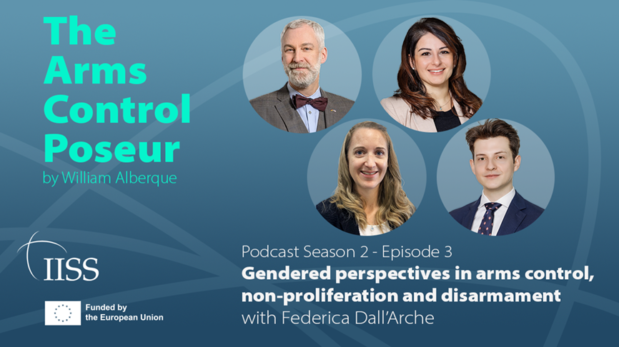
Gendered perspectives in arms control, non-proliferation and disarmament
In the third episode, VCDNP Senior Research Associate Federica Dall’Arche discusses the nuanced ways in which gender affects and is affected by weapons and warfare.
The conversation explores the gendered impacts of weapons from landmines to AI-driven systems and the critical need for gender-sensitive approaches in arms control policies. Federica Dall’Arche shares compelling evidence and personal insights on how societal norms and biological differences influence the likelihood of becoming a victim of certain weapons, the short and long-term effects caused by such weapons, and the ability of victims to access medical care in the aftermath of an armed attack.
“There is the idea that gender studies are irrelevant or “distractive” - in the case of WMD, we could even go as far as saying that they are “democratic weapons” because they do not discriminate victims by their gender, age, race. I am happy to walk you through a lot of cases that show that this idea is not correct."
Federica Dall'Arche
Emphasising the importance of inclusive and educated negotiation approaches in treaty-making, Federica Dall’Arche stresses the need to sponsor more studies on the matter in order to further uncover the fundamental ways in which arms impact different genders, ultimately addressing gender inequalities and guaranteeing the universal protection of human rights.
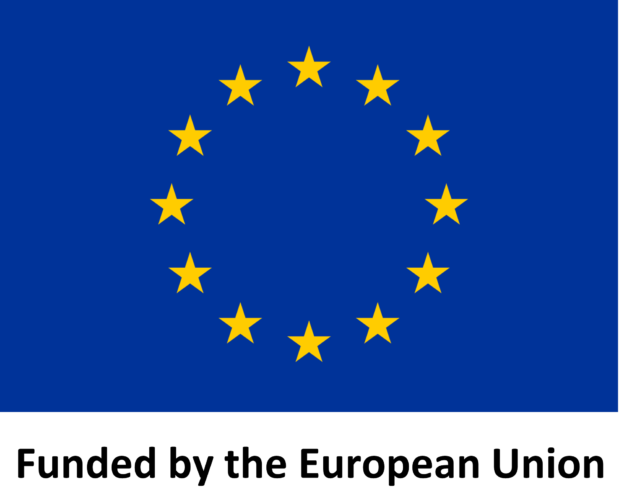



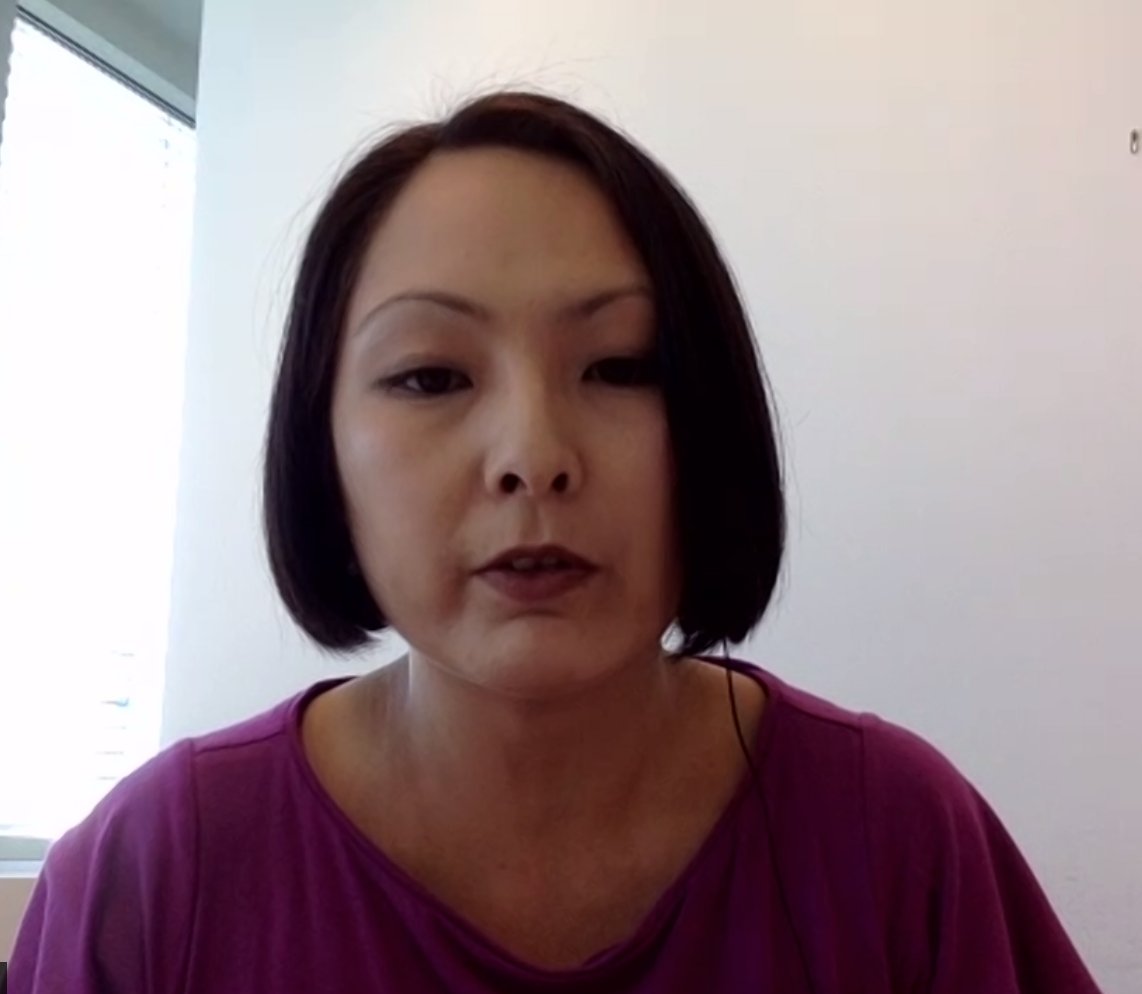

By continuing to use the site, you agree to the use of cookies. more information
The cookie settings on this website are set to "allow cookies" to give you the best browsing experience possible. If you continue to use this website without changing your cookie settings or you click "Accept" below then you are consenting to this.